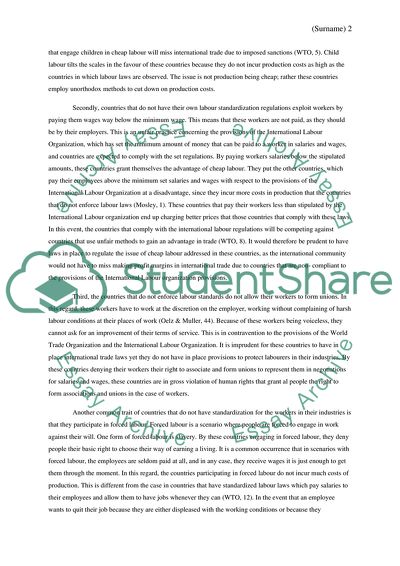Cite this document
(“Unfair Competition from Countries without International Labour Laws Term Paper”, n.d.)
Retrieved from https://studentshare.org/social-science/1644286-does-free-trade-allow-unfair-competition-from-countries-that-lack-labor-standards
Retrieved from https://studentshare.org/social-science/1644286-does-free-trade-allow-unfair-competition-from-countries-that-lack-labor-standards
(Unfair Competition from Countries Without International Labour Laws Term Paper)
https://studentshare.org/social-science/1644286-does-free-trade-allow-unfair-competition-from-countries-that-lack-labor-standards.
https://studentshare.org/social-science/1644286-does-free-trade-allow-unfair-competition-from-countries-that-lack-labor-standards.
“Unfair Competition from Countries Without International Labour Laws Term Paper”, n.d. https://studentshare.org/social-science/1644286-does-free-trade-allow-unfair-competition-from-countries-that-lack-labor-standards.


